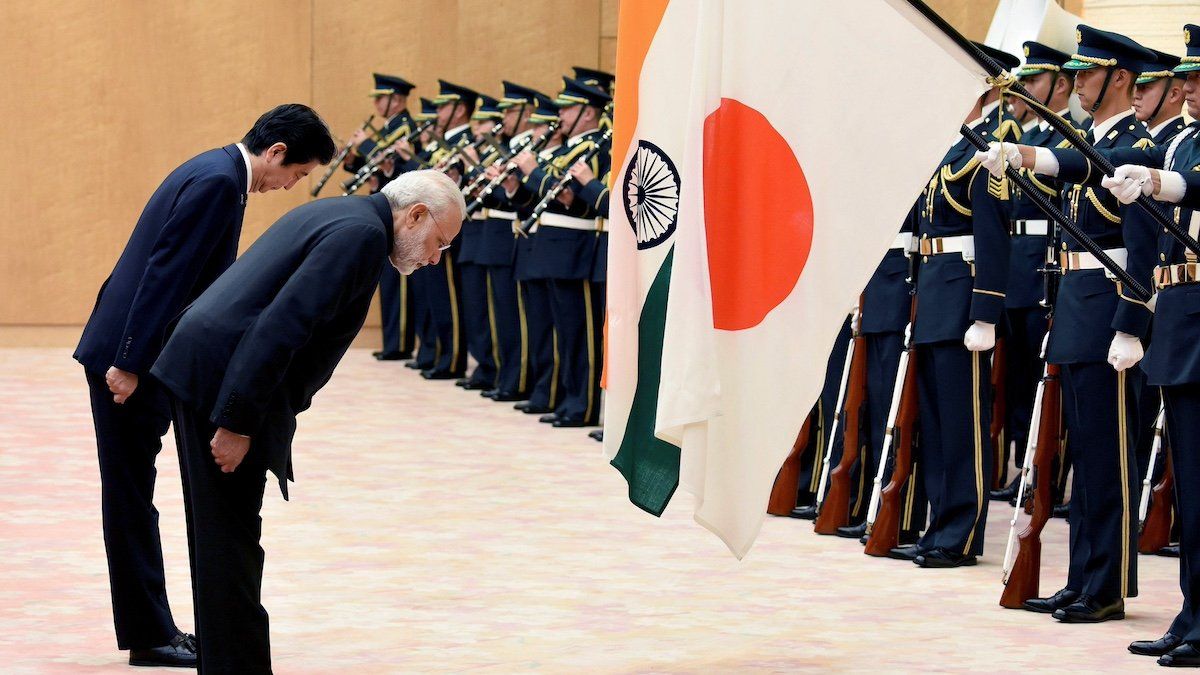India is set to surpass Japan as the world's fourth-largest economy by 2025, earlier than previous forecasts. This marks Japan’s second year of decline in global GDP rankings, after falling from third to fourth place behind Germany in 2023.
According to the International Monetary Fund, India’s nominal GDP will top $4.34 trillion next year, slightly above Japan’s projected $4.31 trillion. The subcontinent’s GDP already overtook that of the United Kingdom in 2022 and grew by 7.8% in 2023.
India's economic ascent has been powered by strong domestic demand, as its population surpassed that of China last year. It experienceddouble-digit growth in its steel, cement, and automobile manufacturing sectors. India now uses its Rupee rather than the dollar for trading with 27 countries, and its 134 billion online transactions account for46% of all global digital payments.
In contrast, Japan's GDP growth lagged at 1.9% in 2023 after decades of stagnation, and the OECD projects an anemic 0.5% increase in 2024. Japan’s woes are exacerbated by its aging population, low productivity, and a stubbornly weak yen.
None of this is good news for the government of Japanese Prime Minister
Fumio Kishida, amid a swirling party finance scandal and abysmal approval ratings. He’ll need to
survive a leadership election in the fall for his Liberal Democratic Party, which will be looking for a leader to take them into national elections next year. With headlines like these, Kishida is expected to face defeat.
